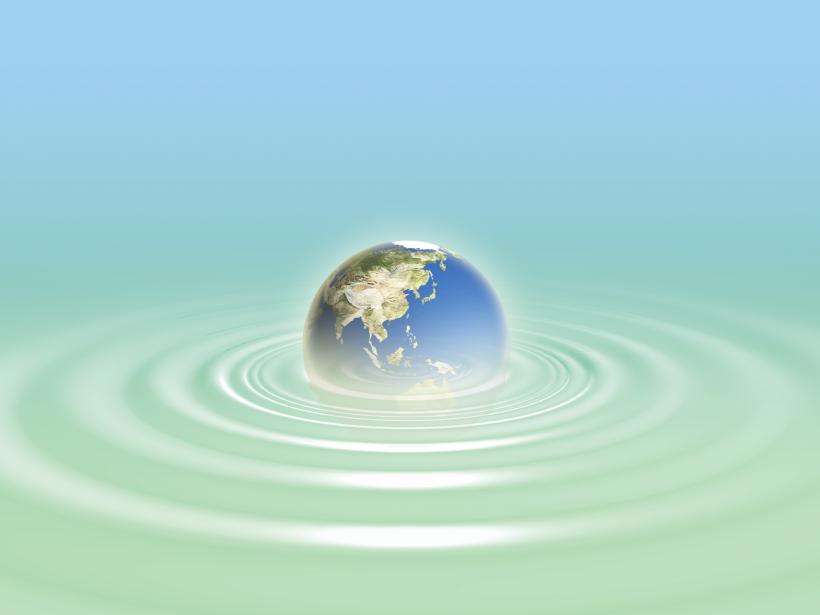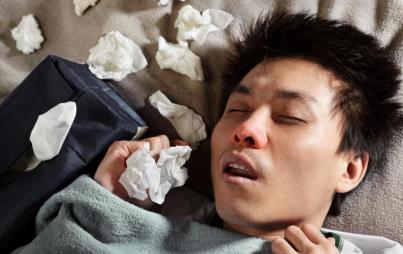
So we’ve all heard plenty about global trends showing a general warming effect in the past century or so.
Less touted is the fact that the world-roast has actually slowed for about 15 years, even as greenhouse gases continue to accumulate. This has created a “missing heat” conundrum for the scientific community—who’s taking all our hard-won carbon spoils from our carpe diem lifestyles?
The culprit may be the oceans. It increasingly appears these bodies of water have been working overtime to absorb toasty molecules that would otherwise warm Earth’s surfaces. But this hiatus from surface warming may soon be over, because the winds of change are a-blowing in the big blue seas (literally).
Oceans Doing Our Dirty Laundry
For some time, scientists have conjectured that the Pacific Ocean was doing our dirty (gaseous) laundry, and now a new study claims the Atlantic may be doing even more heat-trapping work.
Based on millions of data points on ocean temperatures and other factors, the authors posit that a sort of conveyor belt phenomenon is at work: An Atlantic current sped up this century, moving salty tropical water and its trapped heat up to the northern hemisphere, where the tropical water sinks amid the frigid and less salinated water, taking the heat to a watery grave.
Time’s Ticking
This oceanic magic trick can’t hold however—the researchers argue it’s creating only a temporary cooling cycle, similar to a previous one that occurred between 1945 and 1975. This current cooling period may end about another decade when the Atlantic current slows, and then surface temperatures will meet their sweltering fate.
And in the meantime, global warming is still heating the ocean itself—increasingly melting ice and raising water levels.
Come 2030, things may be seriously tropical in many (more) parts of the world. That give you plenty of time to stock up on mixed drinks and sun-hats. When life gives you lemons, right?






